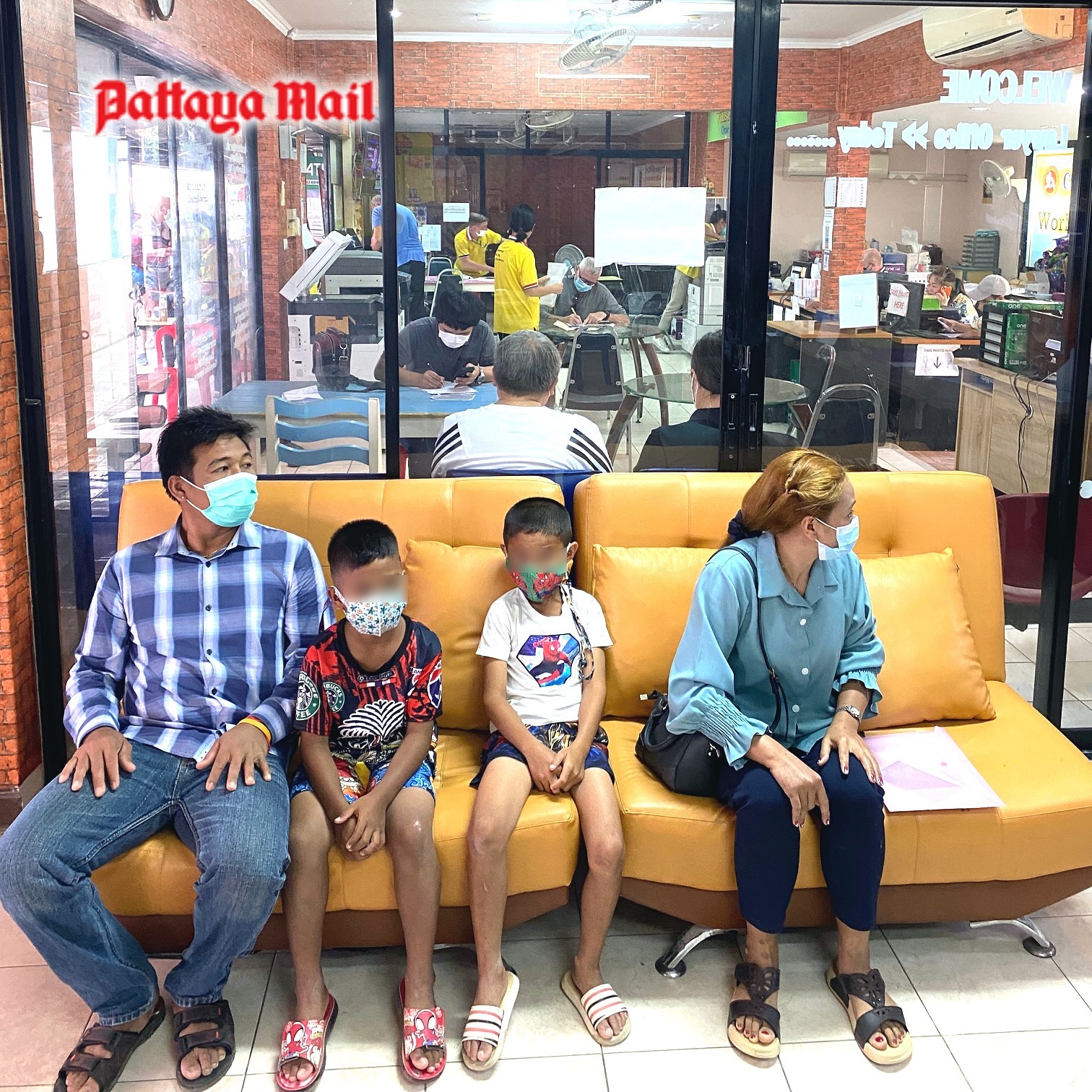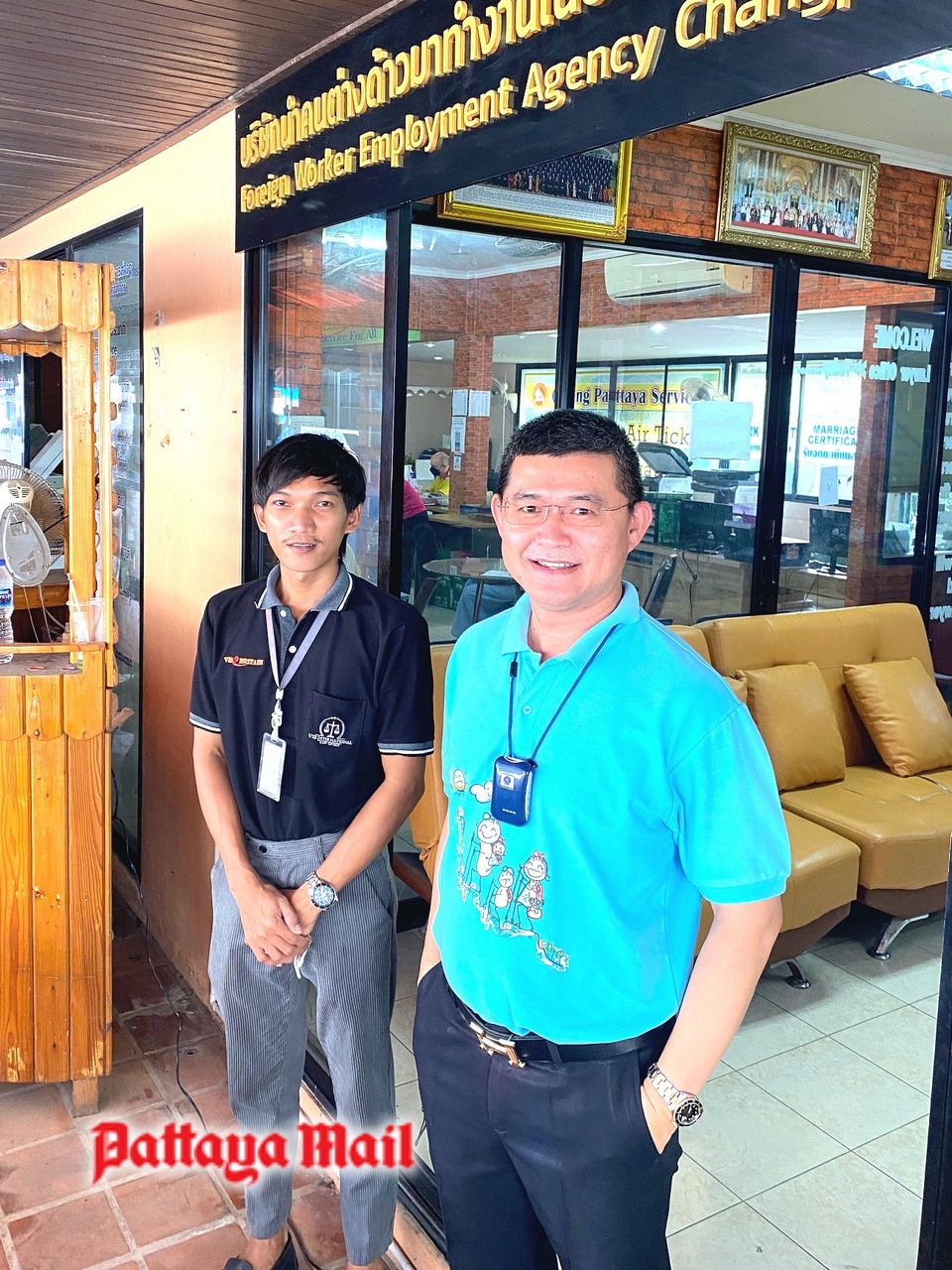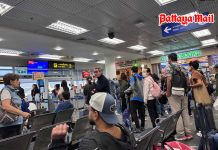
Employers throughout Thailand, particularly in the Pattaya region, are complaining that they cannot find enough manual workers to satisfy their demands. Officially, there are 600,000 Thais unemployed in government statistics. However, Poj Armamwattananint, vice-chair of the Thai Chamber of Commerce, said that even unemployed Thais showed a great reluctance to accept labouring jobs. He thought there was no chance of this situation ending, especially as the Thai birth rate has been plummeting for years and continues to do so.
Hence, attention has turned to finding more guest workers from Myanmar, Cambodia and Laos, the three countries which have Memoranda of Understanding with Thailand. There are currently an estimated 2.1 million migrant workers allowed to work legally here during the Covid-19 pandemic. The last Chonburi provincial figures, which include Pattaya, gave a total of 160,000 although the entire data is soft and does not include illegal entrants. About 80 percent are from Myanmar.
Jessataporn Sriboo, managing director of the Chonburi foreign workers’ registration offices adjoining the Jomtien immigration bureau said, “In Pattaya City guest manual workers are needed for ongoing building projects, especially condominiums, as well as for many road repair projects which are sub-contracted by City Hall.” He added that outside Pattaya, there were also many vacancies for fruit pickers, factory workers and aboard fishing vessels.

Mr Sriboo stressed that the main problem was the land border situation. “The official crossings are semi-closed because of Covid and only allow through goods traffic, returning residents and a small number of other foreigners.” He said that many Myanmars do approach the Thai immigration checkpoints only to be told that they require entry documentation and must immediately quarantine for 14 days in supervised accommodation. “The problem is that nobody, including potential employers, wants to pay for quarantine which, together with other registration costs, can amount to 20,000-30,000 baht.”
As a result many wannabe labourers cross the borders illegally, with or without hired guides, and some end up in the Pattaya area where the streets are “paved with gold” according to rumour. However, the problem then is that they are not able to obtain proper work permit documentation because of their illegal status which, in turn, makes employers nervous of employing them because of inspections by immigration police or the Department of Labour. Illegal workers are not included in inter-country agreements about Covid health tests and access to free treatment in Thai public sector hospitals.
As a partial solution, the Thai government has agreed to renew the work permits and visas of legal immigrants for up to two years, without their having to return to their homeland first as they were required to do pre-pandemic. In any case, the post-coup political situation in Myanmar makes journeying back home virtually impossible.
 |
 |
 |





